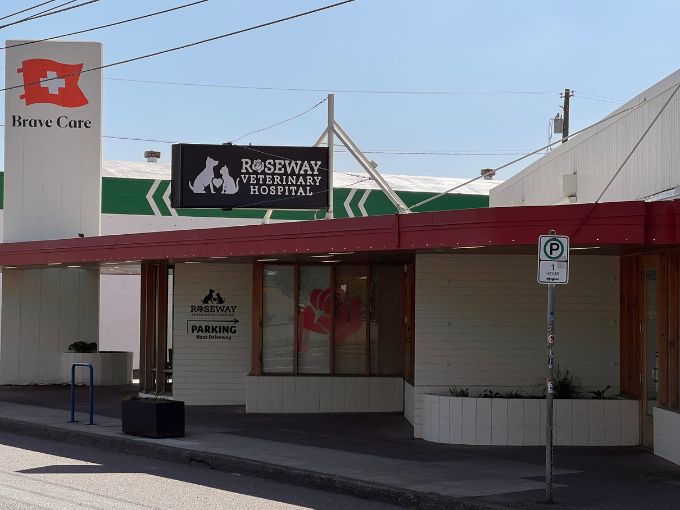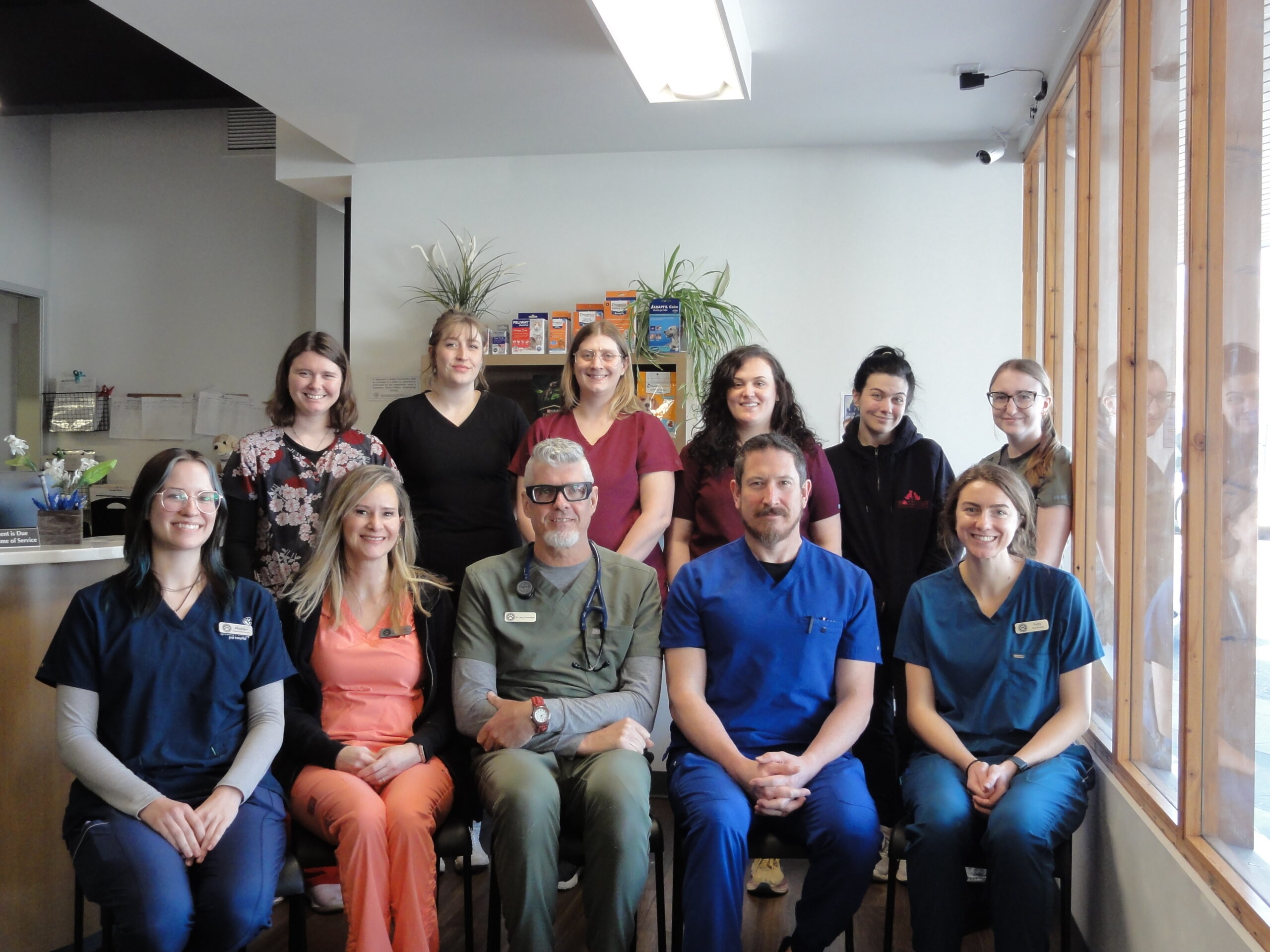View Our Services
Contact Us
Meet OUR Team

ABOUT ROSEWAY VETERINARY HOSPITAL!
At Roseway Veterinary Hospital, we’re dedicated to providing the best veterinary care for pets in Portland, OR. We take pride in delivering personalized, compassionate care to our patients in a state-of-the-art veterinary facility that is locally owned and operated.
We strive to deliver high-quality medical care with the best possible outcomes and to embrace opportunities to continually raise the bar on our performance. Whether it’s routine vaccinations or a complex medical problem, we’re here for you and your favorite feline or canine companion. Discover what we can do for your pet today!
LOOKING FOR VETERINARY SERVICES IN THE PORTLAND AREA?
Roseway Veterinary Hospital is proud to offer a comprehensive range of services to address your pet’s specific veterinary needs.

Meet Our Team
Veterinarian in Portland, OR
Led by Dr. Scott Davis, our team of life-long animal lovers is devoted to pet health and happiness. We pair years of experience with a genuine love for pets to provide exceptional, respectful, and compassionate care.
We are committed to giving every patient and owner our full attention and dedication so that each encounter is fulfilling and rewarding for everyone involved.







